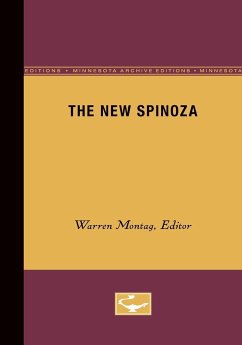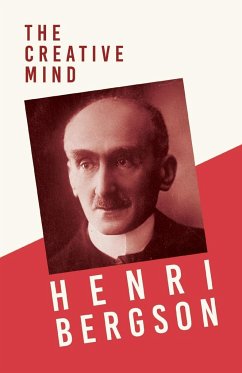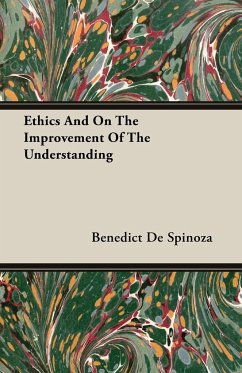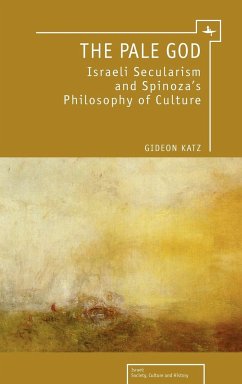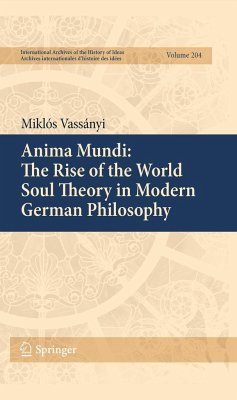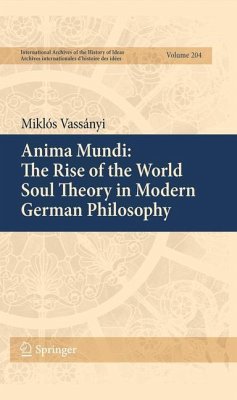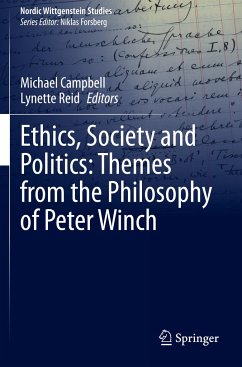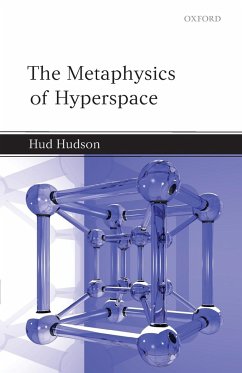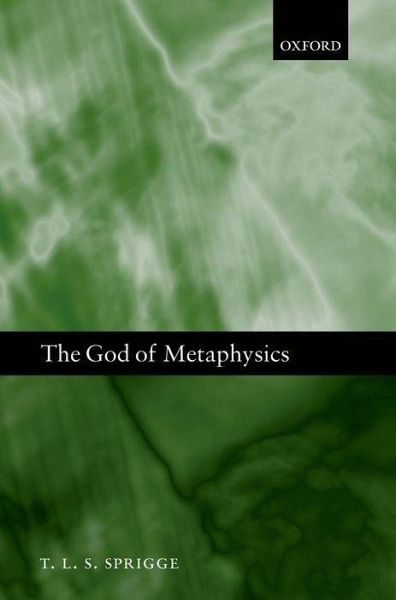
The God of Metaphysics
Being a Study of the Metaphysics and Religious Doctrines of Spinoza, Hegel, Kierkegaard, T.H. Green, Bernard Bosanquet
Versandkostenfrei!
Versandfertig in über 4 Wochen
196,99 €
inkl. MwSt.

PAYBACK Punkte
98 °P sammeln!
Can philosophy offer reasonable grounds for the existence of a God (or Absolute) possessing genuine (even if not orthodox) religious significance and not proposed simply as the solution to a purely intellectual philosophical problem? Timothy Sprigge offers a fascinating exploration of the metaphysical systems of a diverse range of philosophers, from Spinoza and Hegel to T. H. Green and Josiah Royce, testing objections to what might be called 'metaphysical religion'
against the systems of these distinguished thinkers. In the process, Sprigge offers a compelling new defence of a highly unfashionable Idealist worldview.
against the systems of these distinguished thinkers. In the process, Sprigge offers a compelling new defence of a highly unfashionable Idealist worldview.
Can philosophy offer reasonable grounds for the existence of a God (or Absolute) possessing genuine (even if not orthodox) religious significance and not proposed simply as the solution to a purely intellectual philosophical problem? Certainly many contemporary thinkers have insisted that no genuine religion could be based upon metaphysics. In this book, however, T. L. S. Sprigge examines sympathetically the most notable metaphysical systems of the last four
centuries which purport to put religion on a rational footing and, after a thorough examination of their claims, considers what kind of religious outlook they might support and (more briefly) how they actually affected the lives of their proponents. The thinkers studied include Spinoza, Hegel, T. H. Green,
Bernard Bosanquet (together with a brief discussion of Bradley), Josiah Royce, A. N. Whitehead, and Charles Hartshorne, concluding with an exposition of the author's own viewpoint (pantheistic absolute idealism) and a general discussion on the relation between metaphysics and religion. There is also a chapter on Kierkegaard as the most important critic of metaphysical religion.
centuries which purport to put religion on a rational footing and, after a thorough examination of their claims, considers what kind of religious outlook they might support and (more briefly) how they actually affected the lives of their proponents. The thinkers studied include Spinoza, Hegel, T. H. Green,
Bernard Bosanquet (together with a brief discussion of Bradley), Josiah Royce, A. N. Whitehead, and Charles Hartshorne, concluding with an exposition of the author's own viewpoint (pantheistic absolute idealism) and a general discussion on the relation between metaphysics and religion. There is also a chapter on Kierkegaard as the most important critic of metaphysical religion.






